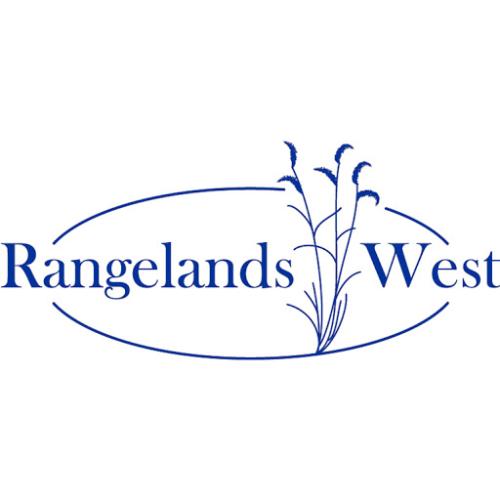International Fund for Agricultural Development (IFAD), a specialized agency of the United Nations, was established as an international financial institution in 1977 as one of the major outcomes of the 1974 World Food Conference. The Conference was organized in response to the food crises of the early 1970s that primarily affected the Sahelian countries of Africa. The conference resolved that "an International Fund for Agricultural Development should be established immediately to finance agricultural development projects primarily for food production in the developing countries". One of the most important insights emerging from the conference was that the causes of food insecurity and famine were not so much failures in food production, but structural problems relating to poverty and to the fact that the majority of the developing world's poor populations were concentrated in rural areas.
IFAD is dedicated to eradicating rural poverty in developing countries. Seventy-five per cent of the world's poorest people - 1.4 billion women, children and men - live in rural areas and depend on agriculture and related activities for their livelihoods.
IFAD's mission is to enable poor rural people to overcome poverty.
Working with poorrural people, governments, donors, non-governmental organizations and many other partners, IFAD focuses on country-specific solutions, which can involve increasing poor rural peoples' access to financial services, markets, technology, land and other natural resources.
IFAD's Strategic Framework for 2011-2015
IFAD's activities are guided by the Enabling poor rural people to improve their food security and nutrition, raise their incomes and strengthen their resilience.
Goal
IFAD's goal is to empower poor rural women and men in developing countries to achieve higher incomes and improved food security.
Objectives
IFAD will ensure that poor rural people have better access to, and the skills and organization they need to take advantage of:
Natural resources, especially secure access to land and water, and improved natural resource management and conservation practices
Improved agricultural technologies and effective production services
A broad range of financial services
Transparent and competitive markets for agricultural inputs and produce
Opportunities for rural off-farm employment and enterprise development
Local and national policy and programming processes
All of IFAD's decisions - on regional, country and thematic strategies, poverty reduction strategies, policy dialogue and development partners - are made with these principles and objectives in mind. As reflected in the strategic framework, IFAD is committed to achieving the Millennium Development Goals, in particular the target to halve the proportion of hungry and extremely poor people by 2015.
(source:about us)

Articles, citations, reports, websites, and multimedia resources focused on rangeland ecology, management, restoration, and other issues on American rangelands.